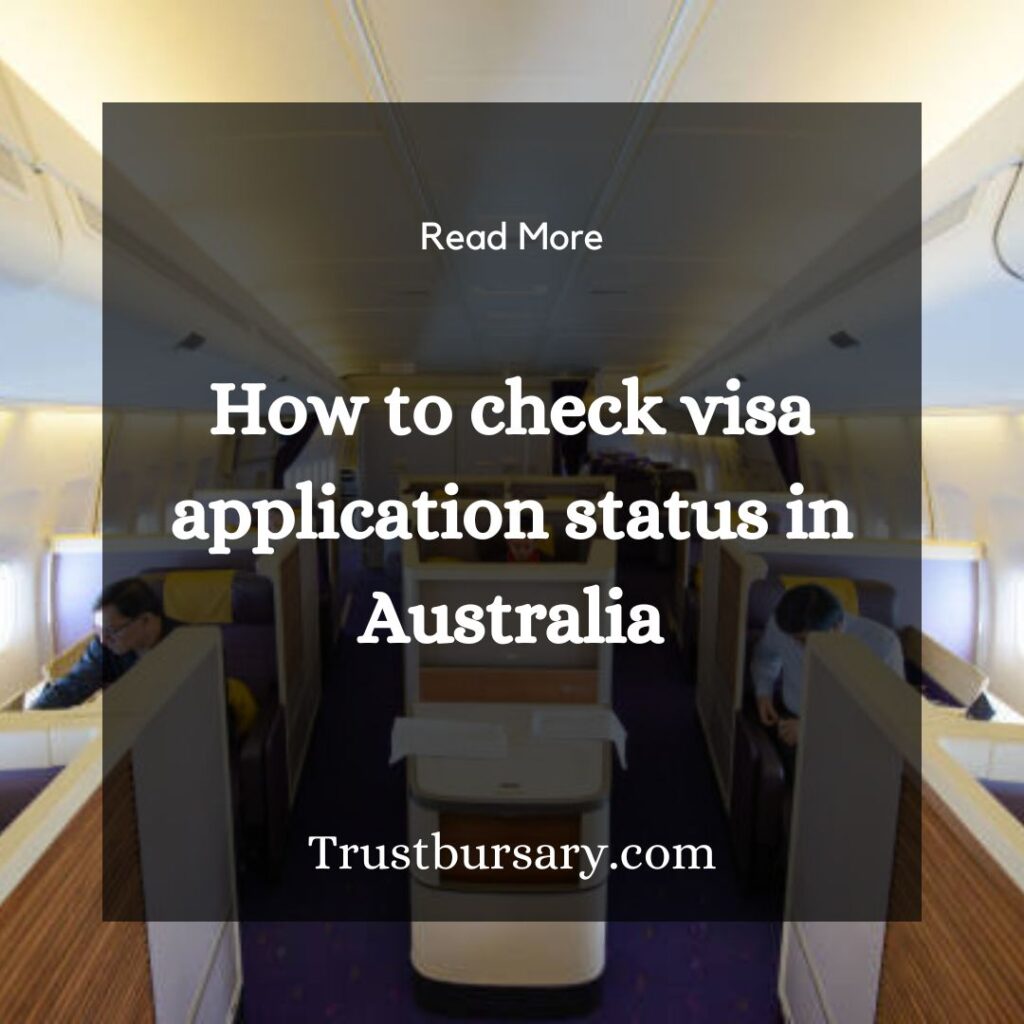Can I apply for PR while studying in Canada – this is a common question among international students in Canada.
Over time, data has proven that the dream of most international students who come to study in Canada is to stay back after their studies and become permanent residents and subsequently citizens of the country.
Also read: Can I look for a job in Canada with a tourist visa?
The prospect of building a future in a country like Canada is undoubtedly appealing.
Given the country’s high quality of life, excellent education system, and diverse opportunities, it’s not hard to see why anyone would love to stay back in Canada.
Read also: Importance of choosing the right course in college
If you are currently an international student in Canada and are wondering about the possibility of obtaining permanent residency (PR) while studying, I have good news for you.
Also read: What happens if an international student comes to Canada and works illegally?
Canada has several immigration pathways for international students to transition from temporary to permanent residents and if you are interested, we will share them below with you and explain your chances as well.
Canadian permanent residency
As a student in Canada, you are a temporary resident, meaning there are limitations to what you have access to in the country.
Also read: Can international students work full-time in Canada?
You are not allowed to enjoy some privileges that permanent residents or citizens enjoy.
However, if you become a permanent resident, your status in Canada will change, it will grant you the right to live, work, and study anywhere in the country indefinitely.
PR holders are entitled to most of the social benefits enjoyed by Canadian citizens.
Read also: How do I anonymously report someone to immigration in Australia?
As a PR holder, you will have access to healthcare coverage and social services.
Additionally, PR status is a pathway to Canadian citizenship after you meet the residency requirements.
Can I apply for PR while studying in Canada?
Yes, you can apply for permanent residency while studying in Canada as long as you meet the eligibility requirements. Canada has many immigration pathways available for international students to transition from temporary to permanent residency status.
You can go for the Express Entry system, Provincial Nominee Programs (PNPs), or the Atlantic Immigration Pilot Program (AIPP).
When can I apply for PR on a student visa?
There is no specific timeframe to apply for PR on a student visa, you can apply for permanent residency (PR) in Canada while on a student visa once you meet the eligibility requirements of the particular immigration pathway you wish to get your PR through.
Also read: Disadvantages of studying in Australia for international students
Immigration programs you should consider for PR while studying in Canada
As an international student, you can pursue permanent residency through any of the following immigration programs, each has its own set of eligibility requirements.
- Express Entry System: This is one of the most common immigration pathways for students in Canada. The Express Entry system manages applications for three federal economic immigration programs: the Federal Skilled Worker Program, the Federal Skilled Trades Program, and the Canadian Experience Class. To be eligible for this program, you must complete a qualifying education program in Canada and gain relevant work experience.
- Provincial Nominee Programs (PNPs): In Canada, each province operates its immigration streams and these streams offer pathways to permanent residency for international students. Each province has its eligibility criteria (and you must meet them before you apply) and application processes, however, some PNPs have specific streams designed for graduates of post-secondary institutions in the respective province.
- Atlantic Immigration Pilot Program (AIPP): This program focuses on facilitating the immigration of skilled workers and international graduates in the Atlantic provinces of Canada. If you have completed a qualifying program of study at a designated institution in one of the participating provinces, you may be eligible to apply for PR through the AIPP.
Read also: Things to do before going to Canada as a student
What is the easiest way to get PR in Canada?
The easiest way to get PR in Canada depends on your particular circumstances, however, pathways like the Express Entry system, Provincial Nominee Programs (PNPs), and the Canadian Experience Class (CEC) have accessible routes for skilled workers and international graduates.
How to apply for PR while studying in Canada
If you want to apply for PR while studying, take note of these steps:
- Check if you are eligible: The number one thing you need to do before applying for PR through any pathway is to assess your eligibility for PR under each of the PR programs. You can check your performance based on your education, work experience, language proficiency, and ties to Canada. Understand which of the PR pathways best suits your case, the one you score high on. – that’s the program you will apply for PR through.
- Submit Express Entry profile: If you are applying through the Express Entry system, you need to create an online profile and fill out all the information about your education, work experience, language proficiency, and other relevant details. Your profile will be assigned a Comprehensive Ranking System (CRS) score based on these factors.
- Receive Invitation to Apply (ITA): If your CRS score meets the cutoff threshold in a subsequent Express Entry draw and you are lucky enough, you will receive an Invitation to Apply for permanent residency. Follow the instructions in the ITA to submit your PR application within the specified timeframe.
- Apply for Provincial Nomination (if applicable): If you are applying through a PNP, you need to submit a separate application for provincial nomination after receiving a nomination certificate from the province.
- Go for the medical examination and security clearance: As part of your PR application, you will undergo a medical examination to clear you on the health admissibility requirements. You also need to provide police clearance certificates from any country where you have lived for six months or more since you turned 18.
- Wait for your application to be processed: Once you have submitted your PR application, you need to wait for it to be processed by Immigration, Refugees and Citizenship Canada (IRCC). The processing takes time, so be patient.
- Receive confirmation of PR status: If your application is approved, you will receive a Confirmation of Permanent Residence (COPR). Now you are a permanent resident of Canada.
Read also: What happens when you report someone to immigration Australia?
How to increase your chances of getting PR while studying in Canada
If you want to increase your chances of getting PR while studying in Canada, you need to keep the following in mind.
- You must maintain legal status: The easiest way to kick yourself out of the PR table is to violate your visa terms while in Canada as a student. To stand a chance with PR, you MUST maintain your legal status as a student in Canada throughout your time in Canada. You must ensure that your study permit remains valid and complies with any conditions imposed by Immigration, Refugees and Citizenship Canada.
- You need to gain Canadian work experience: If applying for PR through the Canadian Experience Class or provincial nominee programs, gaining Canadian work experience will significantly increase your chances. As a student, you can take up internship positions, co-op placements, or part-time jobs that are related to your field of study.
- Improve language proficiency: You should know that proficiency in English and/or French is a key factor in the PR application process. To increase your chances, you can take language proficiency tests such as the IELTS or CELPIP to demonstrate your language skills and improve your CRS score.
All of these steps will help position you and increase your chances of getting PR.
Does studying in Canada count towards citizenship?
Yes, but not directly. Studying in Canada doesn’t directly lead to citizenship. However, the time you spend here as a student can help you qualify for citizenship later.
To become a Canadian citizen, you need to have lived in Canada for at least three years in the five years before applying. The time you spend studying can count towards this requirement.
Read also: How can I extend my student visa in Australia
Conclusion
Canada has friendly immigration policies and this extends to international students in the country.
As a student, there are several pathways for you to apply for permanent residency and build a future in the country.
Read also: What happens when you report someone to immigration Australia?
Each pathway has its eligibility requirements and you must meet these requirements to apply through the pathway.



